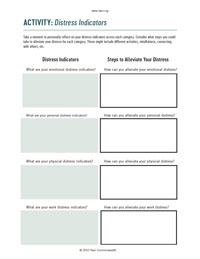The holiday season, with its festive cheer and joyful gatherings, often marks a time of celebration and togetherness. However, for many individuals, the holidays can also bring about stress, triggering memories of past traumas and exacerbating existing emotional wounds. As the holiday decorations come down and the new year begins, it’s crucial to shift our focus towards self-care, especially from a trauma-responsive perspective as we continue with our daily lives working to become the best versions of ourselves.
Acknowledging and Validating Sensations & Emotions
Trauma can resurface during the holidays due to various triggers, such as family dynamics, social expectations, or reminders of past events. Recognizing and validating these bodily sensations and emotions is the first step towards self-care. Understand that it’s okay to feel a range of emotions, and giving yourself permission to experience and express them is essential for healing.
The first step is often self-auditing and keeping a record to understand the full picture. There are many ways to do this, but we recommend our simple Distress Indicators worksheet, featured in 10 Steps to Create a Trauma-Informed, Resilient School.


Creating Safe Spaces
After the hustle and bustle of the holiday season, carving out safe and comforting spaces becomes imperative. This could mean designating a cozy corner at home, finding solace in nature, or establishing boundaries with others. A trauma-responsive self-care approach emphasizes the importance of feeling secure in your surroundings to foster healing and recovery.
Mindful Practices and Grounding Techniques
Engaging in mindful practices and grounding techniques can be powerful tools for those navigating trauma. Techniques such as deep breathing, meditation, or grounding exercises help anchor individuals in the present moment, offering a respite from intrusive thoughts and memories to find even the smallest moments of joy to feel a sense of relief.
Connecting with Supportive Networks
Isolation can intensify the impact of trauma on our brains and bodies. Actively seeking connection with understanding and supportive individuals is crucial for post-holiday self-care. This could involve reaching out to friends, family, or even joining support groups where experiences can be shared in a safe and non-judgmental environment.
Prioritizing Physical Well-Being
Trauma can take a toll on both mental and physical health. Prioritizing self-care from a trauma-responsive perspective includes paying attention to your physical well-being. Learning to listen to your body is a great first step in the healing process. Getting adequate sleep, eating nourishing meals, and engaging in regular exercise contribute significantly to overall wellness and resilience.
Seeking Professional Guidance
For those navigating complex trauma, seeking professional guidance is a crucial aspect of self-care. Trauma-informed therapists or counselors can provide a safe space for processing emotions and developing coping strategies tailored to individual needs.
Conclusion
The period following the holidays is a crucial time to shift focus inward and prioritize self-care, especially for those with a trauma history. By acknowledging emotions, creating safe spaces, engaging in mindful practices, fostering connections, prioritizing physical well-being, and seeking professional support when needed, individuals can embark on a journey towards healing and resilience. Remember, self-care is not selfish; it’s a vital component of reclaiming control and building a foundation for a healthier, more empowered future.


